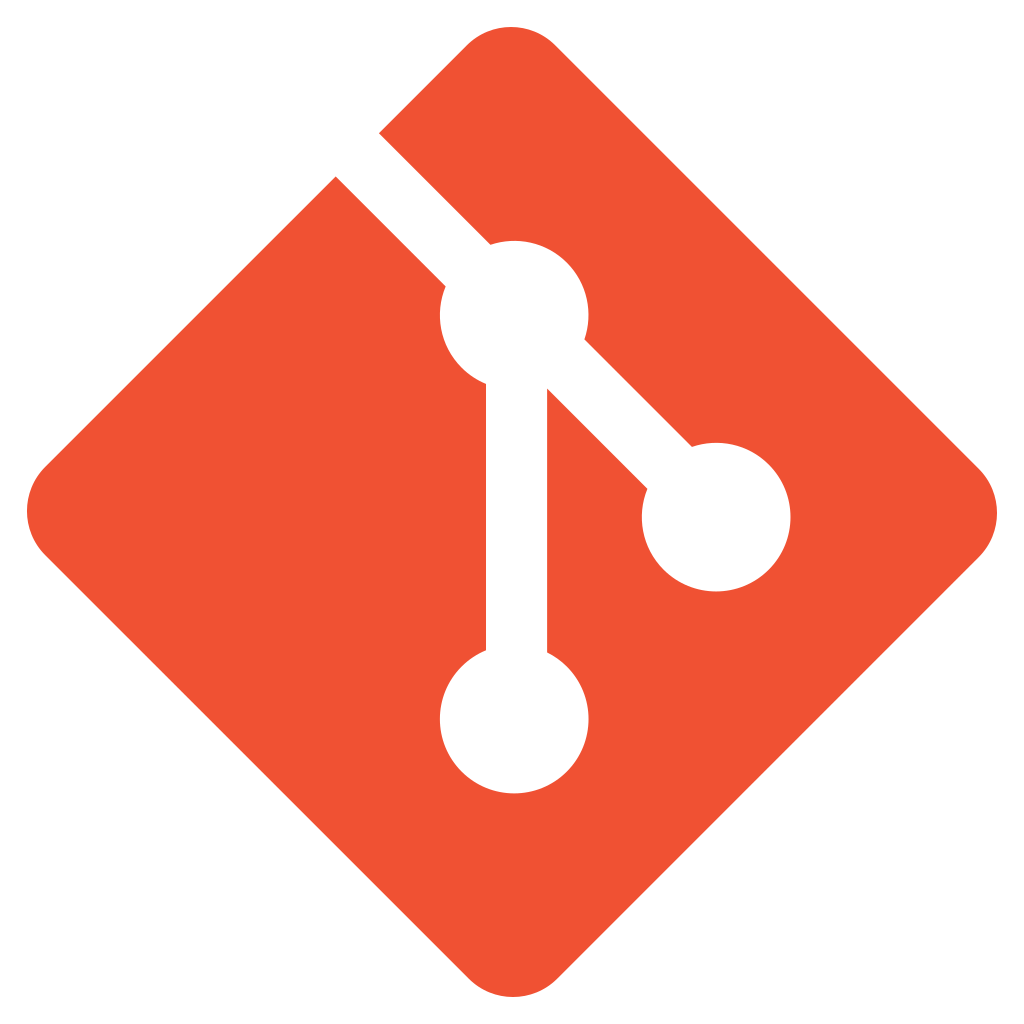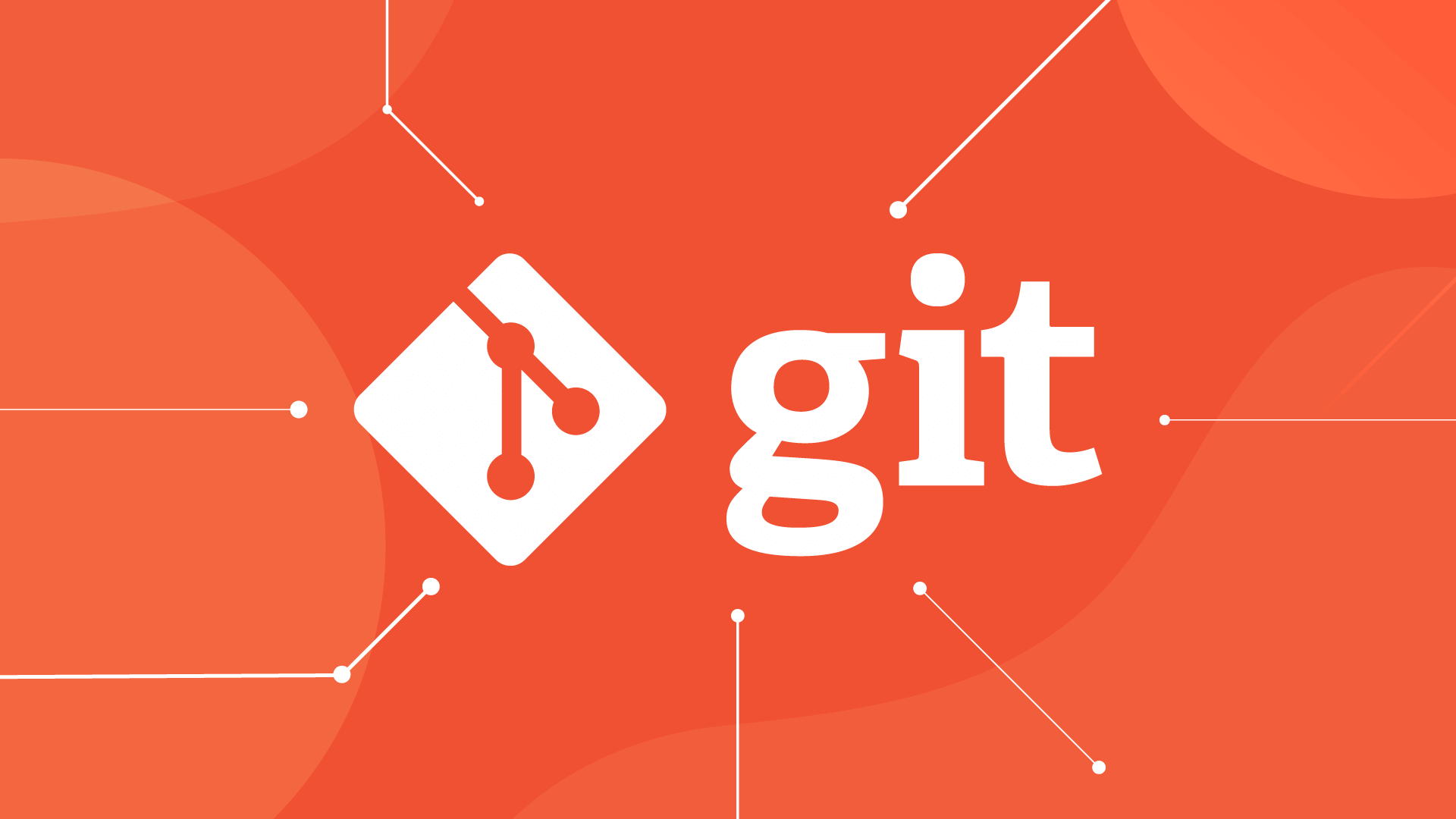
Git

Git
Git is a free, open-source distributed version control system that tracks changes, enables branching and merging, and supports fast, scalable collaboration across projects.

Key Features
- Distributed Architecture
- Version Tracking
- Branching & Merging
- Staging Area
- History & Commit Logs
- Lightweight & Fast
- Data Integrity via SHA-1
- Offline Workflows
- Hooks & Customization
- Submodule Support
What is Git?
Git is a distributed version control system created by Linus Torvalds in 2005 for Linux kernel development. Unlike centralized VCS, each user’s machine stores the entire project history locally, enabling offline commits and resilience to server outages. Git’s design emphasizes speed, data integrity, and support for non-linear workflows with thousands of parallel branches.
Pros and Cons
Pros
- High Performance: Local operations (commit, diff, log) are near-instantaneous.
- Full History Anywhere: Every clone holds entire project history, supporting offline work and disaster recovery.
- Powerful Branching Model: Lightweight branches and fast merges encourage feature-based workflows.
- Strong Integrity: SHA-1 hashing ensures every commit and file are cryptographically verified.
- Broad Ecosystem: Integrates with major hosting services, CI/CD tools, and IDEs.
Cons
- Steep Learning Curve: Concepts like staging, rebasing, and conflict resolution require practice.
- Complexity at Scale: Large monorepos or numerous submodules can degrade performance without tuning.
- Merge Conflicts: Non-linear workflows lead to conflicts requiring careful resolution.
- Security Concerns: Accidental commits of secrets require history rewriting.
- Distributed TKOs: Inexperienced users may push destructive history changes (force-push).
Who It’s For
- Software Developers & Teams: From solo projects to enterprise codebases, enabling collaboration in any environment.
- DevOps & CI/CD Pipelines: Trigger automated builds, tests, and deployments across distributed runners.
- Open Source Contributors: Fork, branch, and submit pull/merge requests to public repositories.
- Technical Writers & Documentation: Version and track changes to docs, wikis, and static sites.
- Data Scientists & Analysts: Track Jupyter notebooks, scripts, and data transformations with Git-LFS for large files.
Distributed Architecture
Git’s core is its peer-to-peer model: each clone is a full-fledged repository with history, enabling branching, commits, and diffs locally. Synchronization with remote peers uses git push and git pull. This decentralization ensures resilience and scalability across global teams.
Version Tracking & Commit Logs
Every snapshot (commit) records a complete project state, author metadata, timestamp, and message. Git’s git log, git diff, and git blame expose historical changes, enabling robust auditing and rollbacks.
Branching & Merging
Git makes branches lightweight pointers to commits. Creating or switching branches is nearly instantaneous. Merging combines divergent histories with strategies like fast-forward, three-way merges, or rebase to streamline linear history.
Staging Area
The index (staging area) decouples working-directory edits (git add) from final commits (git commit), granting granular control over history and partial snapshots.
Hooks & Customization
Client- and server-side hooks allow automation at key lifecycle events (pre-commit, pre-push, post-receive), enforcing policies, triggering builds, or running linting.
Pricing
Git is free and open-source under GPL-2.0-only. No licensing costs apply; hosting and enterprise offerings (GitHub Enterprise, GitLab Premium) incur fees separately.
Verdict
Git is the de facto standard for version control, providing unmatched performance, flexibility, and ecosystem support. Its distributed model empowers teams to collaborate efficiently, though newcomers must master core concepts and workflows to avoid common pitfalls. For projects of any scale, Git’s speed, integrity, and robust branching make it indispensable to modern software development.
Frequently Asked Questions about Git

What is Git?
Git is a distributed version control system created by Linus Torvalds in 2005 for Linux kernel development. Unlike centralized VCS, each user’s machine stores the entire project history locally, enabling offline commits and resilience to server outages. Git’s design emphasizes speed, data integrity, and support for non-linear workflows with thousands of parallel branches.
Pros and Cons
Pros
- High Performance: Local operations (commit, diff, log) are near-instantaneous.
- Full History Anywhere: Every clone holds entire project history, supporting offline work and disaster recovery.
- Powerful Branching Model: Lightweight branches and fast merges encourage feature-based workflows.
- Strong Integrity: SHA-1 hashing ensures every commit and file are cryptographically verified.
- Broad Ecosystem: Integrates with major hosting services, CI/CD tools, and IDEs.
Cons
- Steep Learning Curve: Concepts like staging, rebasing, and conflict resolution require practice.
- Complexity at Scale: Large monorepos or numerous submodules can degrade performance without tuning.
- Merge Conflicts: Non-linear workflows lead to conflicts requiring careful resolution.
- Security Concerns: Accidental commits of secrets require history rewriting.
- Distributed TKOs: Inexperienced users may push destructive history changes (force-push).
Who It’s For
- Software Developers & Teams: From solo projects to enterprise codebases, enabling collaboration in any environment.
- DevOps & CI/CD Pipelines: Trigger automated builds, tests, and deployments across distributed runners.
- Open Source Contributors: Fork, branch, and submit pull/merge requests to public repositories.
- Technical Writers & Documentation: Version and track changes to docs, wikis, and static sites.
- Data Scientists & Analysts: Track Jupyter notebooks, scripts, and data transformations with Git-LFS for large files.
Distributed Architecture
Git’s core is its peer-to-peer model: each clone is a full-fledged repository with history, enabling branching, commits, and diffs locally. Synchronization with remote peers uses git push and git pull. This decentralization ensures resilience and scalability across global teams.
Version Tracking & Commit Logs
Every snapshot (commit) records a complete project state, author metadata, timestamp, and message. Git’s git log, git diff, and git blame expose historical changes, enabling robust auditing and rollbacks.
Branching & Merging
Git makes branches lightweight pointers to commits. Creating or switching branches is nearly instantaneous. Merging combines divergent histories with strategies like fast-forward, three-way merges, or rebase to streamline linear history.
Staging Area
The index (staging area) decouples working-directory edits (git add) from final commits (git commit), granting granular control over history and partial snapshots.
Hooks & Customization
Client- and server-side hooks allow automation at key lifecycle events (pre-commit, pre-push, post-receive), enforcing policies, triggering builds, or running linting.
Pricing
Git is free and open-source under GPL-2.0-only. No licensing costs apply; hosting and enterprise offerings (GitHub Enterprise, GitLab Premium) incur fees separately.
Verdict
Git is the de facto standard for version control, providing unmatched performance, flexibility, and ecosystem support. Its distributed model empowers teams to collaborate efficiently, though newcomers must master core concepts and workflows to avoid common pitfalls. For projects of any scale, Git’s speed, integrity, and robust branching make it indispensable to modern software development.